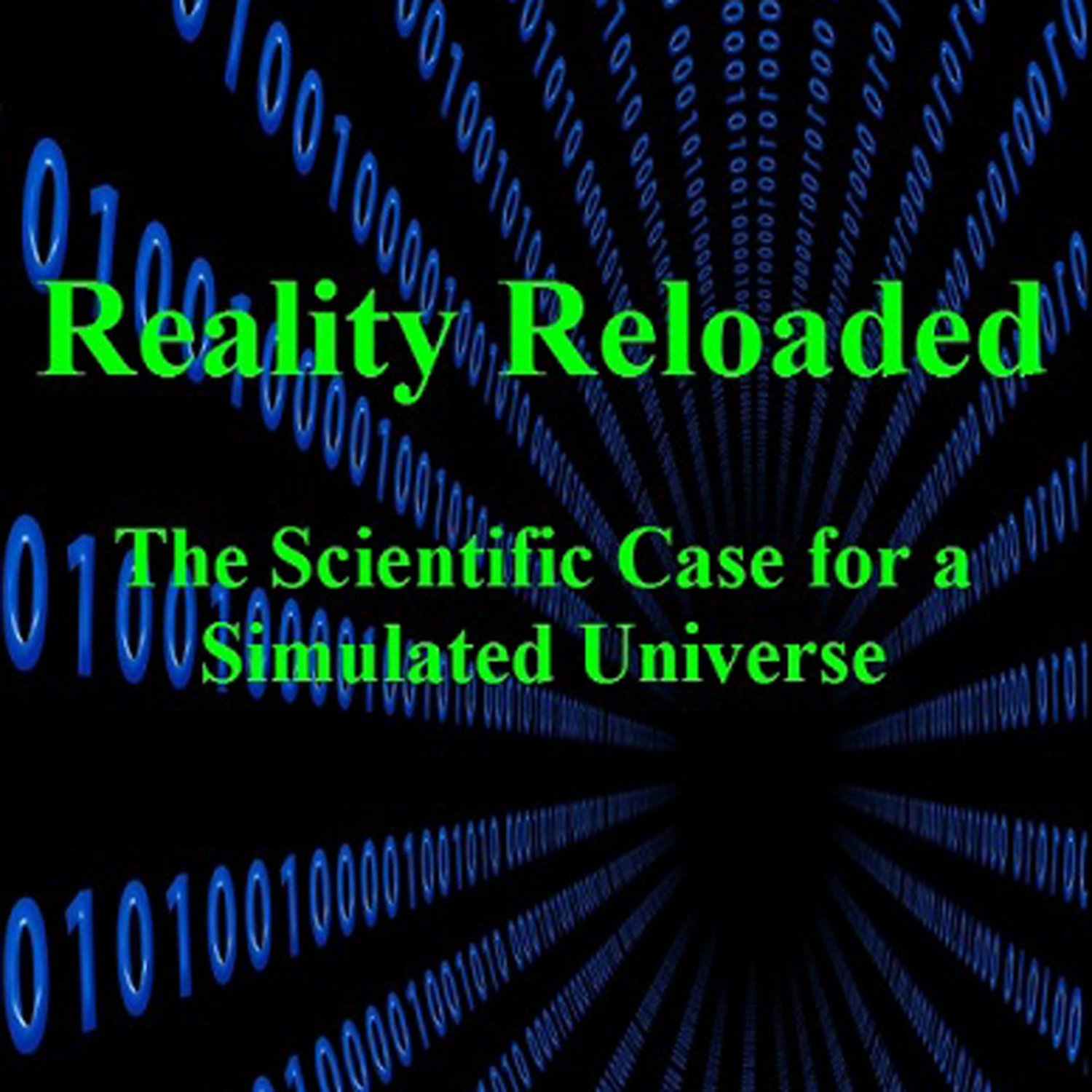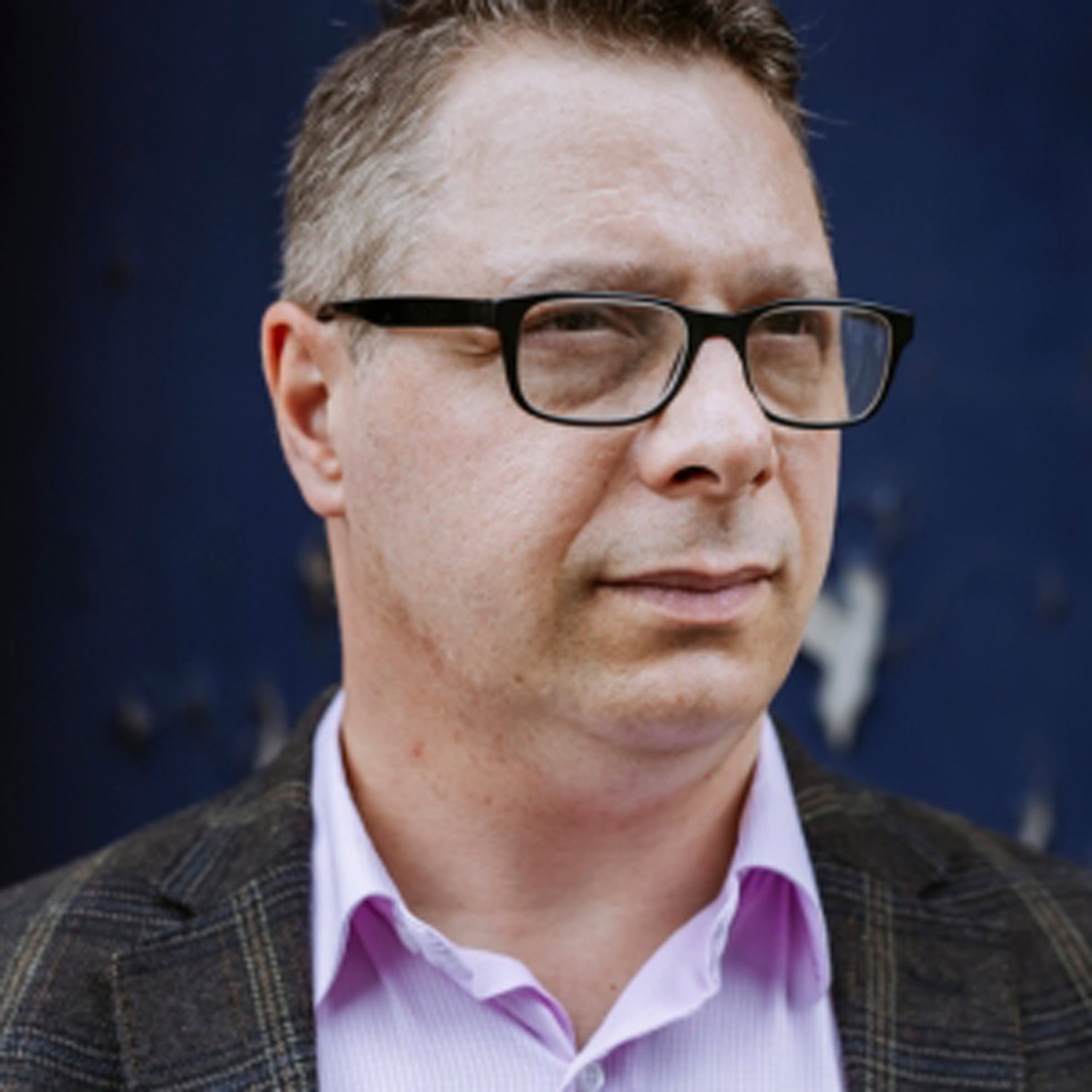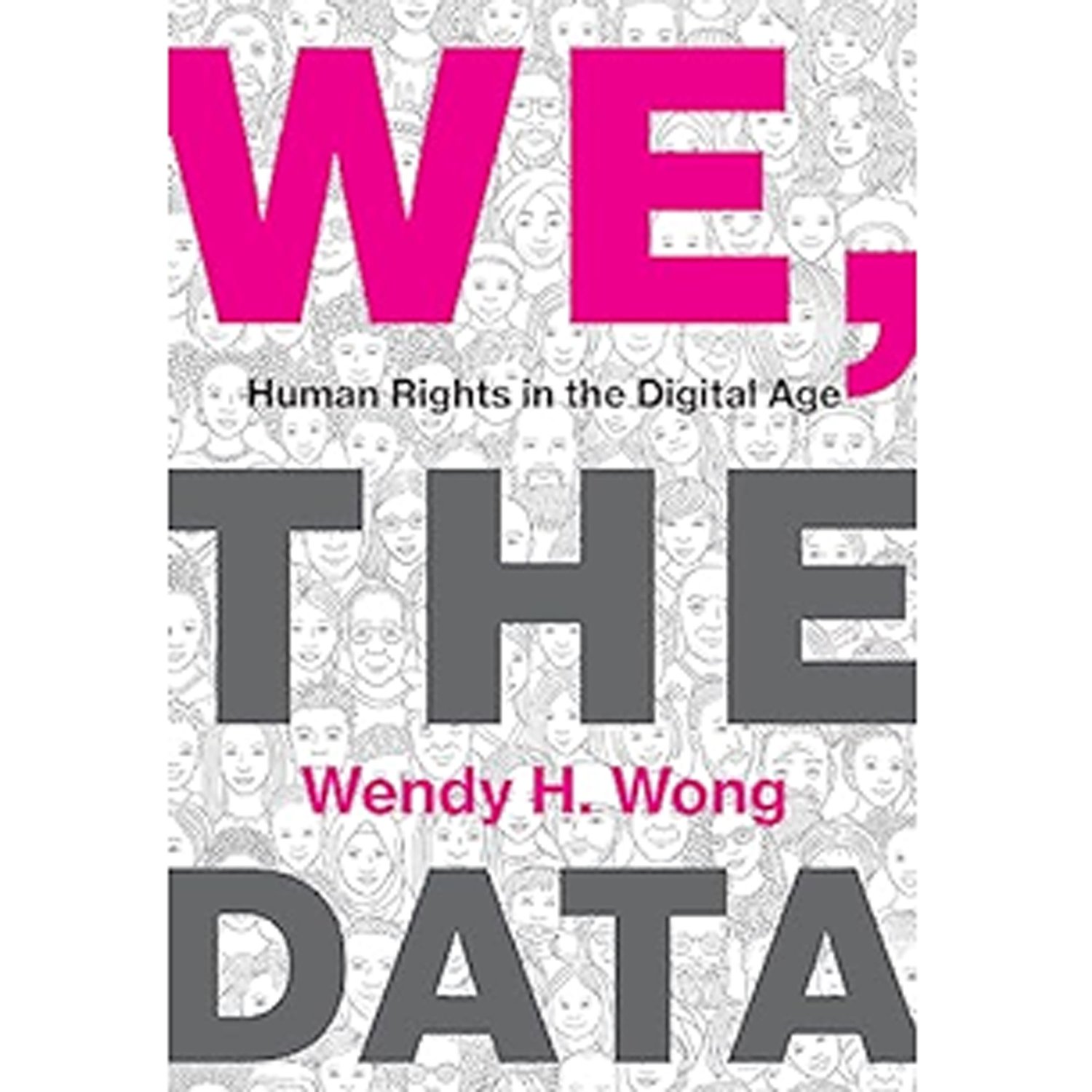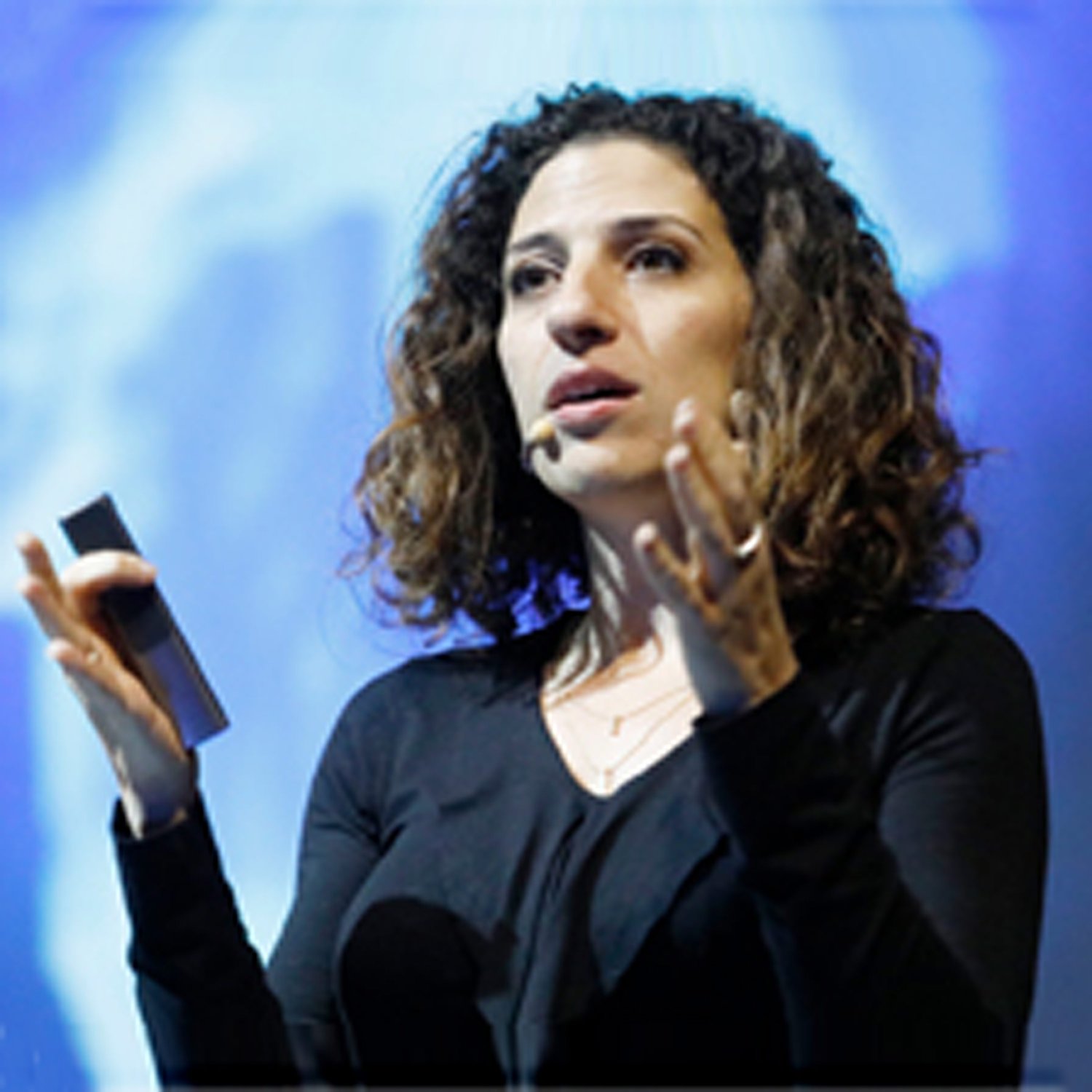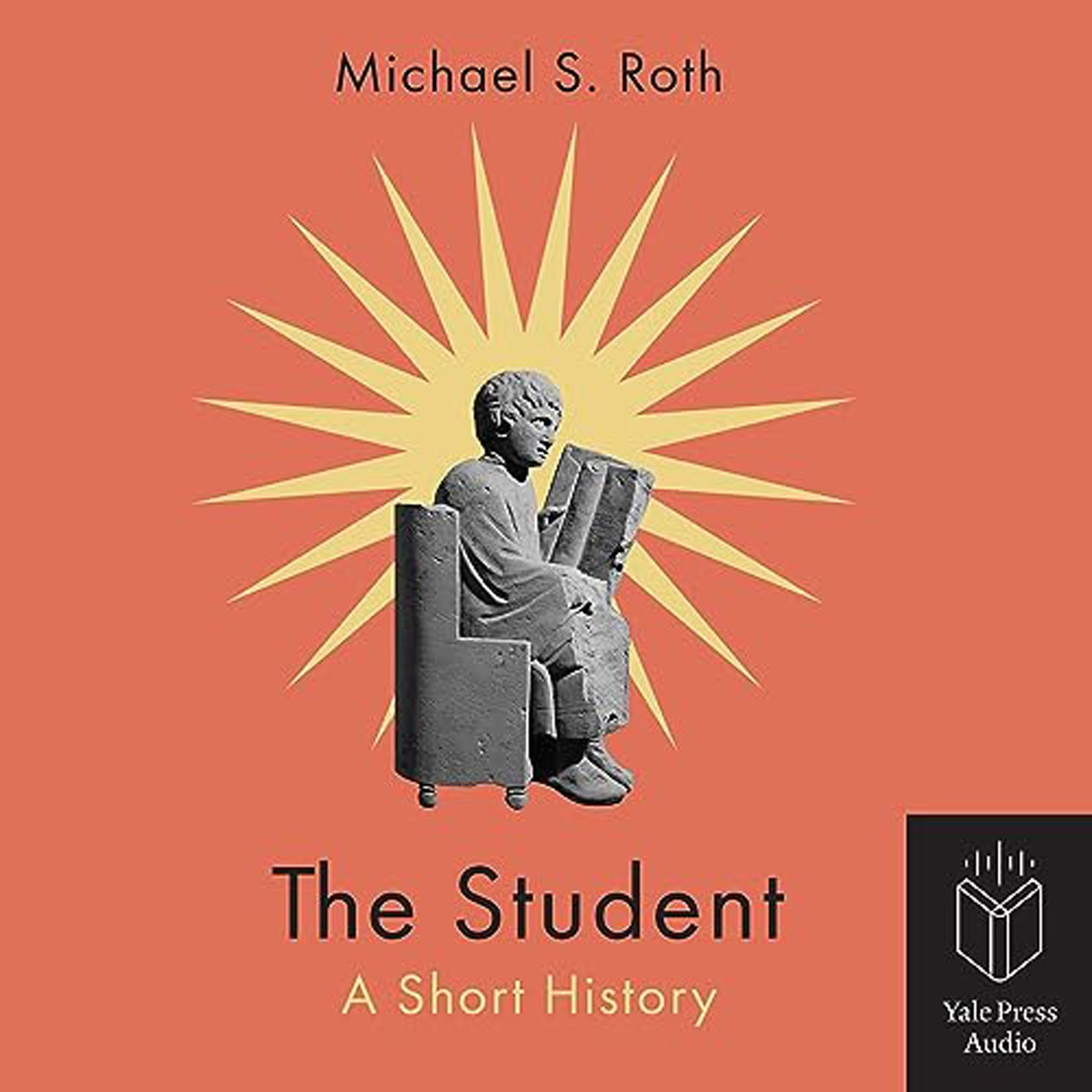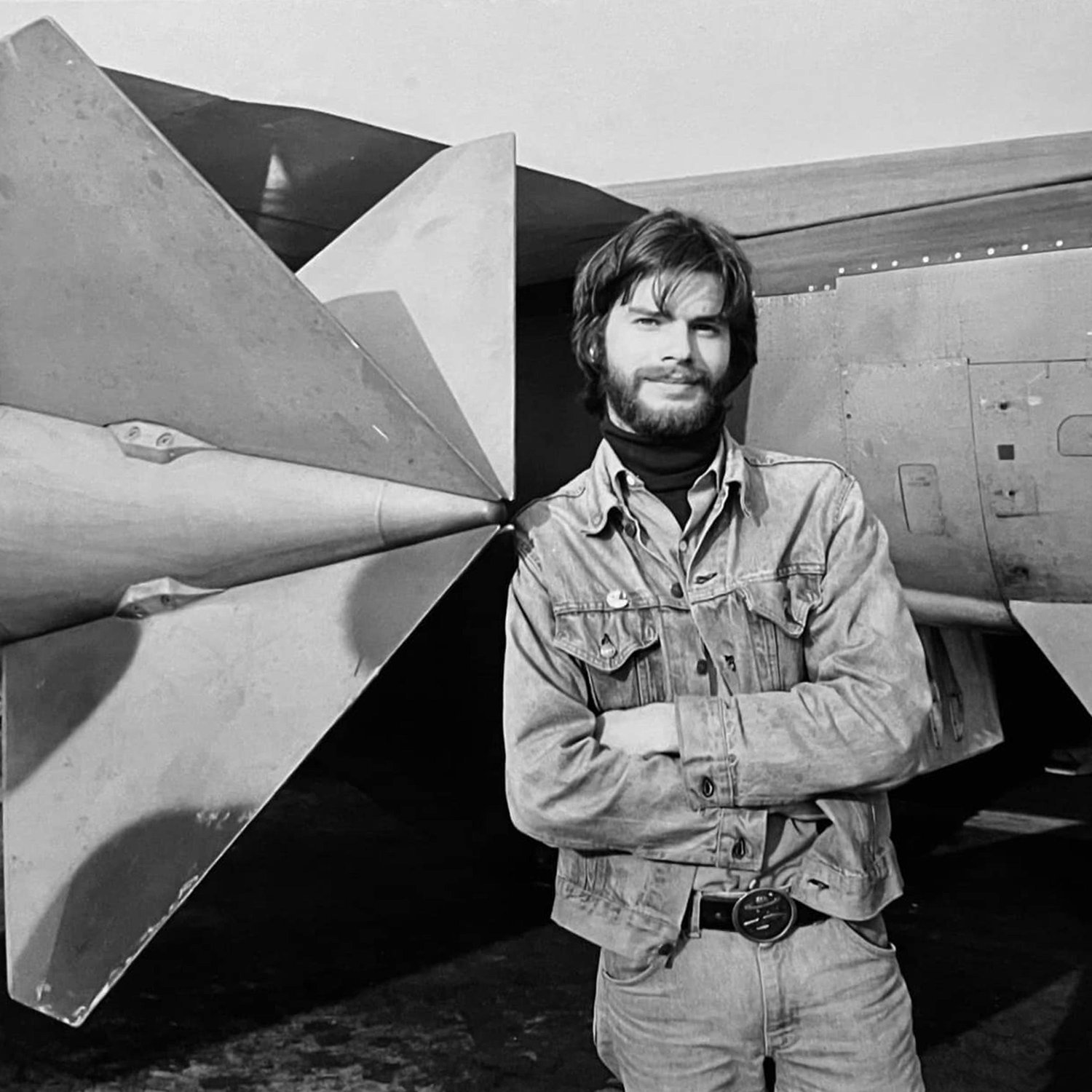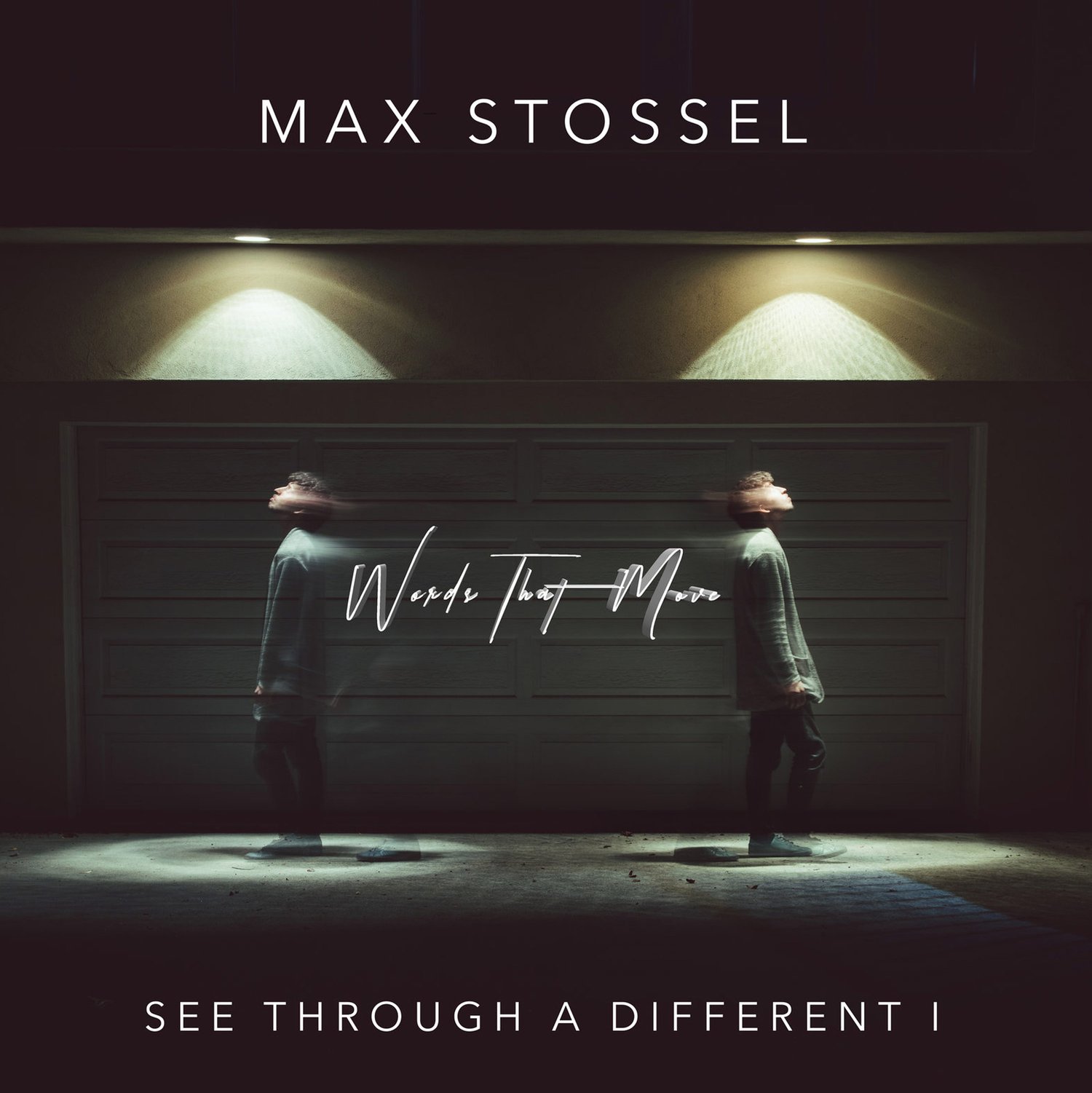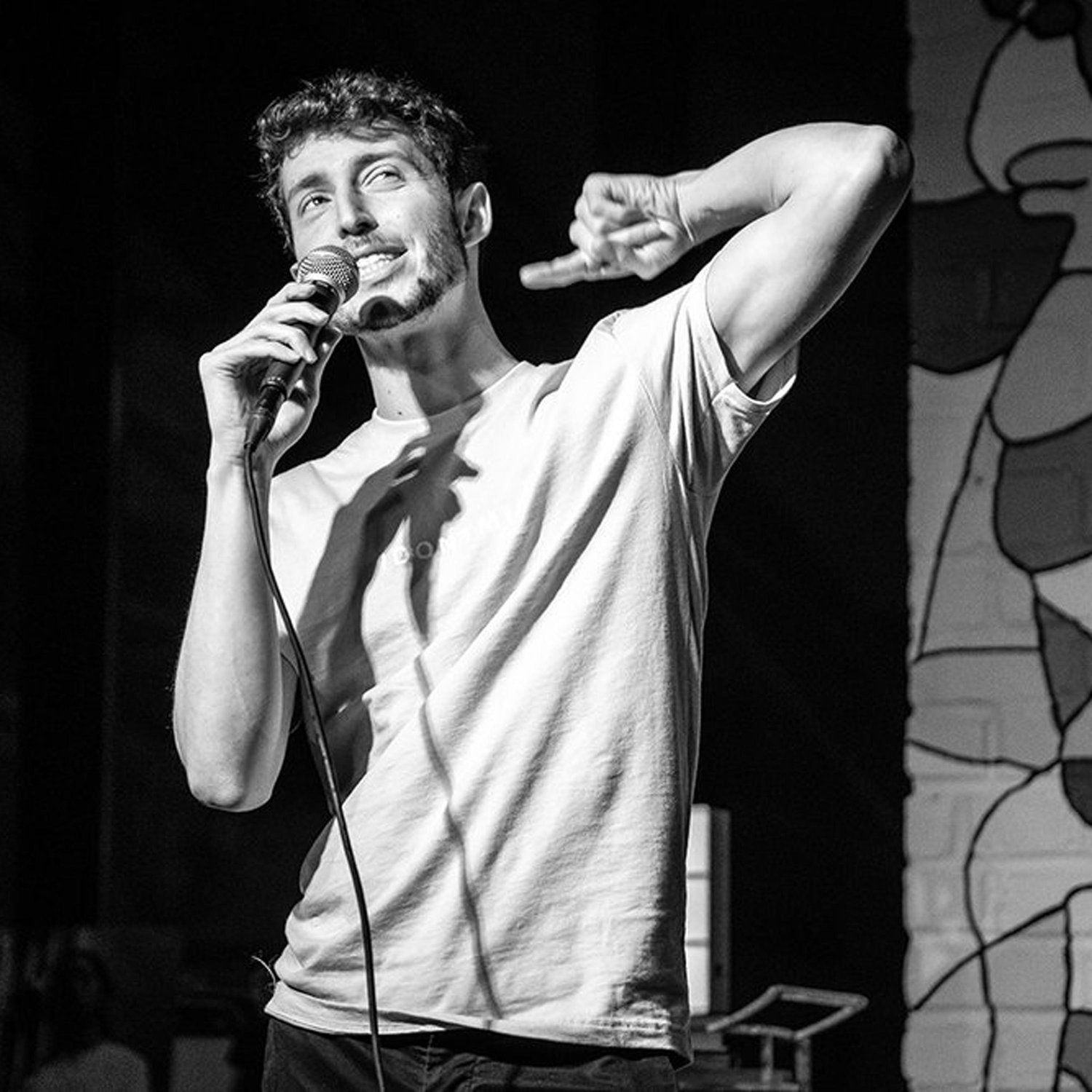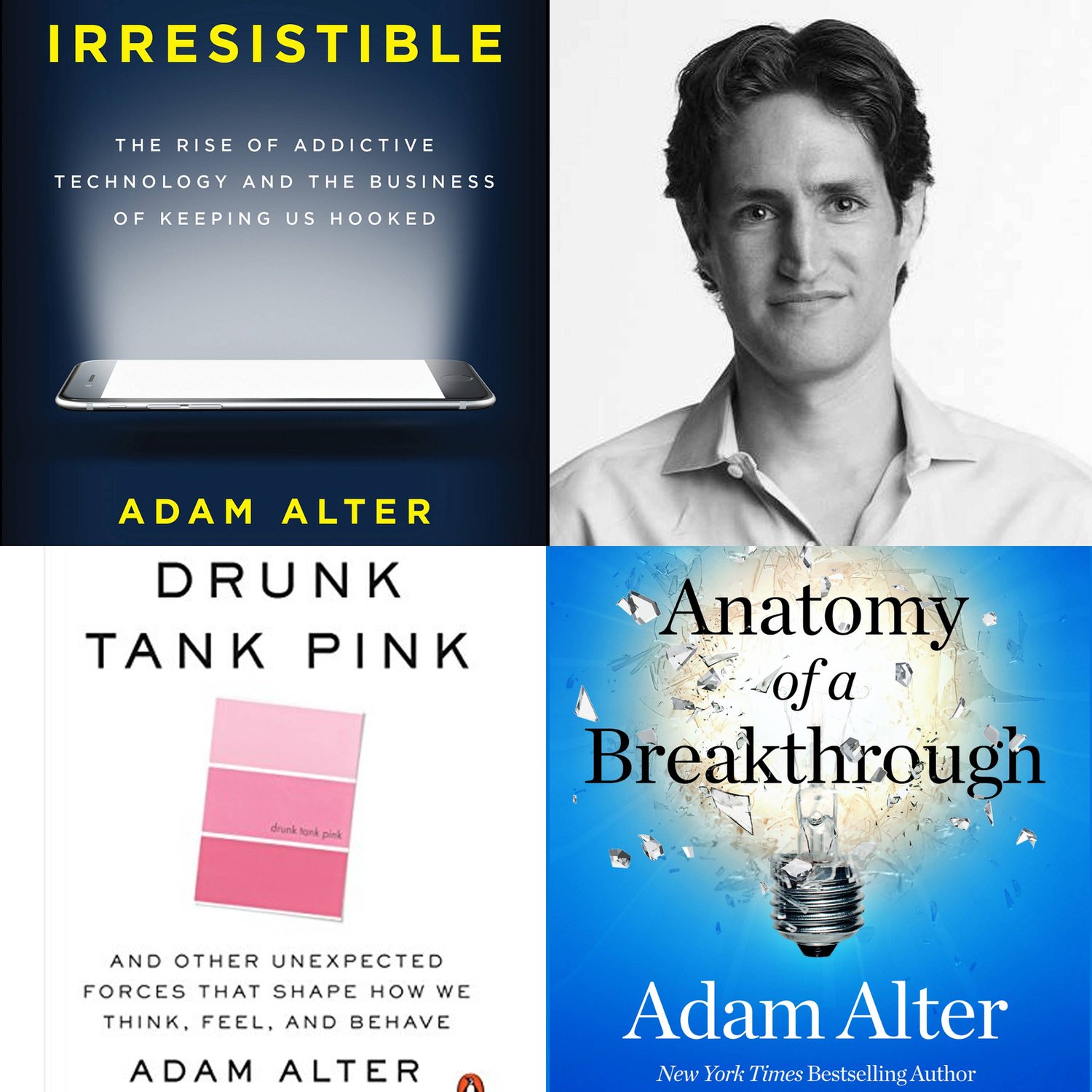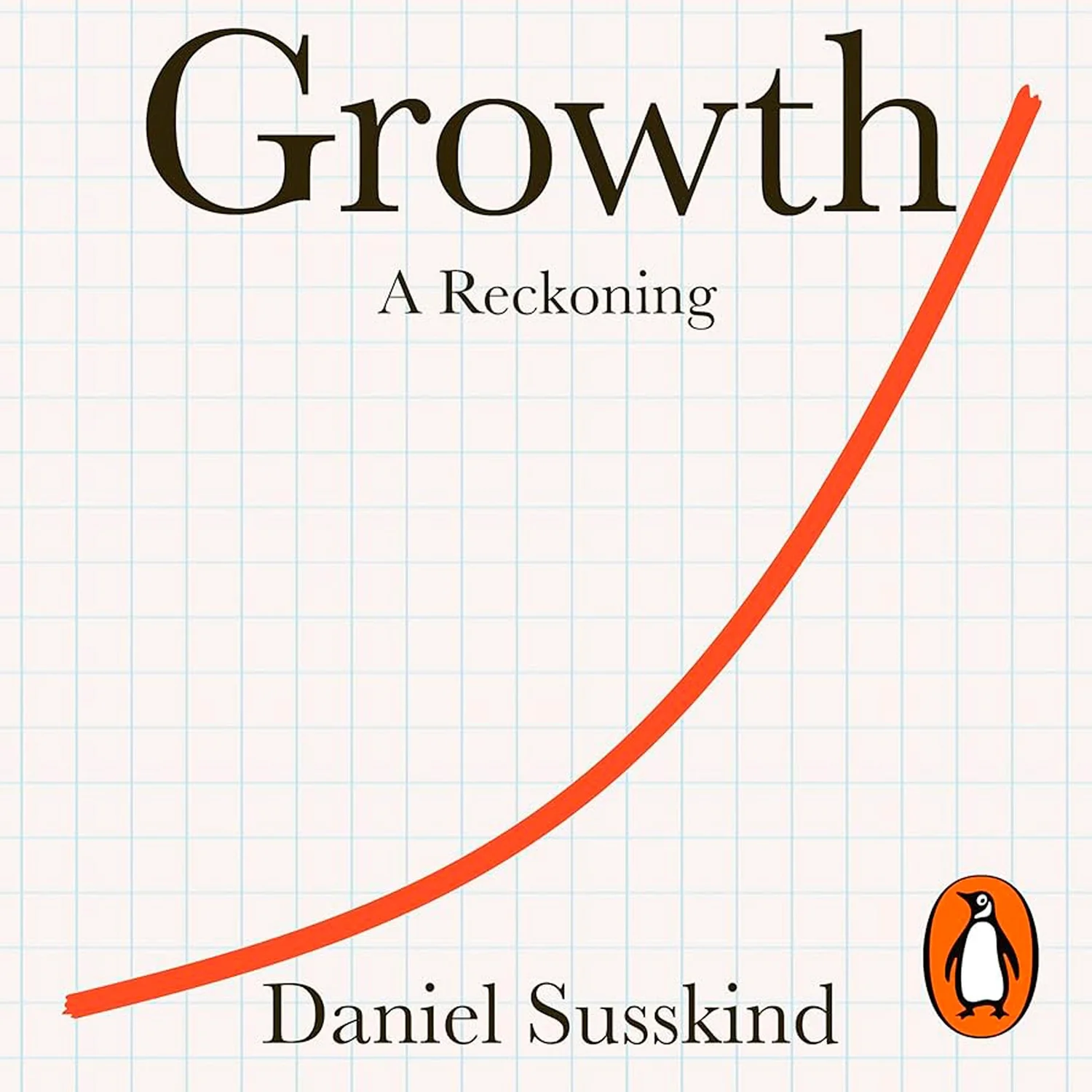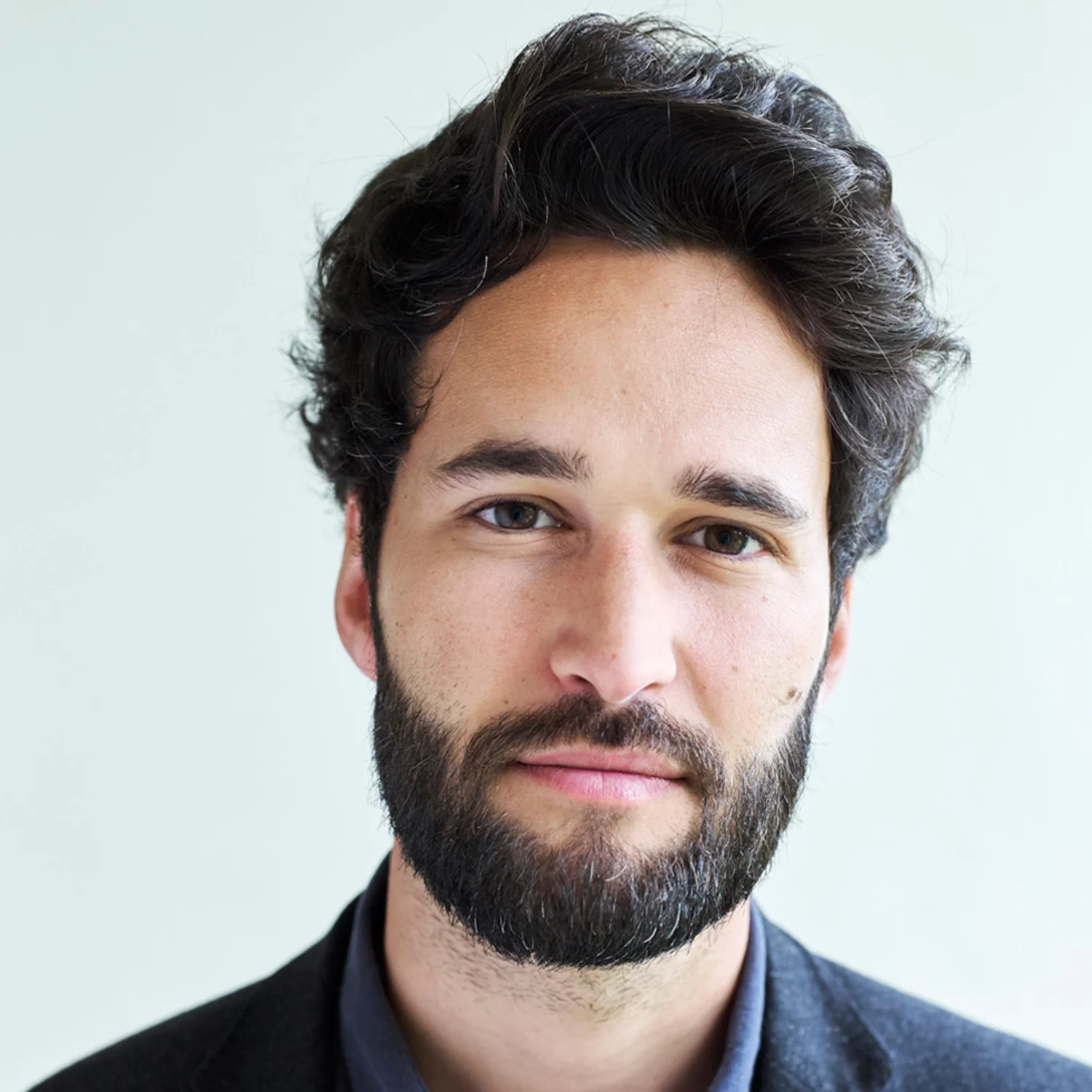
AI & The Future of Humanity: Artificial Intelligence, Technology, VR, Algorithm, Automation, ChatBPT, Robotics, Augmented Reality, Big Data, IoT, Social Media, CGI, Generative-AI, Innovation, Nanotechnology, Science, Quantum Computing: The Creative Process Interviews
Author: The Creative Process Original Series: Artificial Intelligence, Technology, Innovation, Engineering, Robotics & Internet of Things
Subscribed: 15Played: 98Description
What are the dangers, risks, and opportunities of AI? What role can we play in designing the future we want to live in? With the rise of automation, what is the future of work? We talk to experts about the roles government, organizations, and individuals can play to make sure powerful technologies truly make the world a better place–for everyone.
Conversations with futurists, philosophers, AI experts, scientists, humanists, activists, technologists, policymakers, engineers, science fiction authors, lawyers, designers, artists, among others.
The interviews are hosted by founder and creative educator Mia Funk with the participation of students, universities, and collaborators from around the world.
 United States
United States






